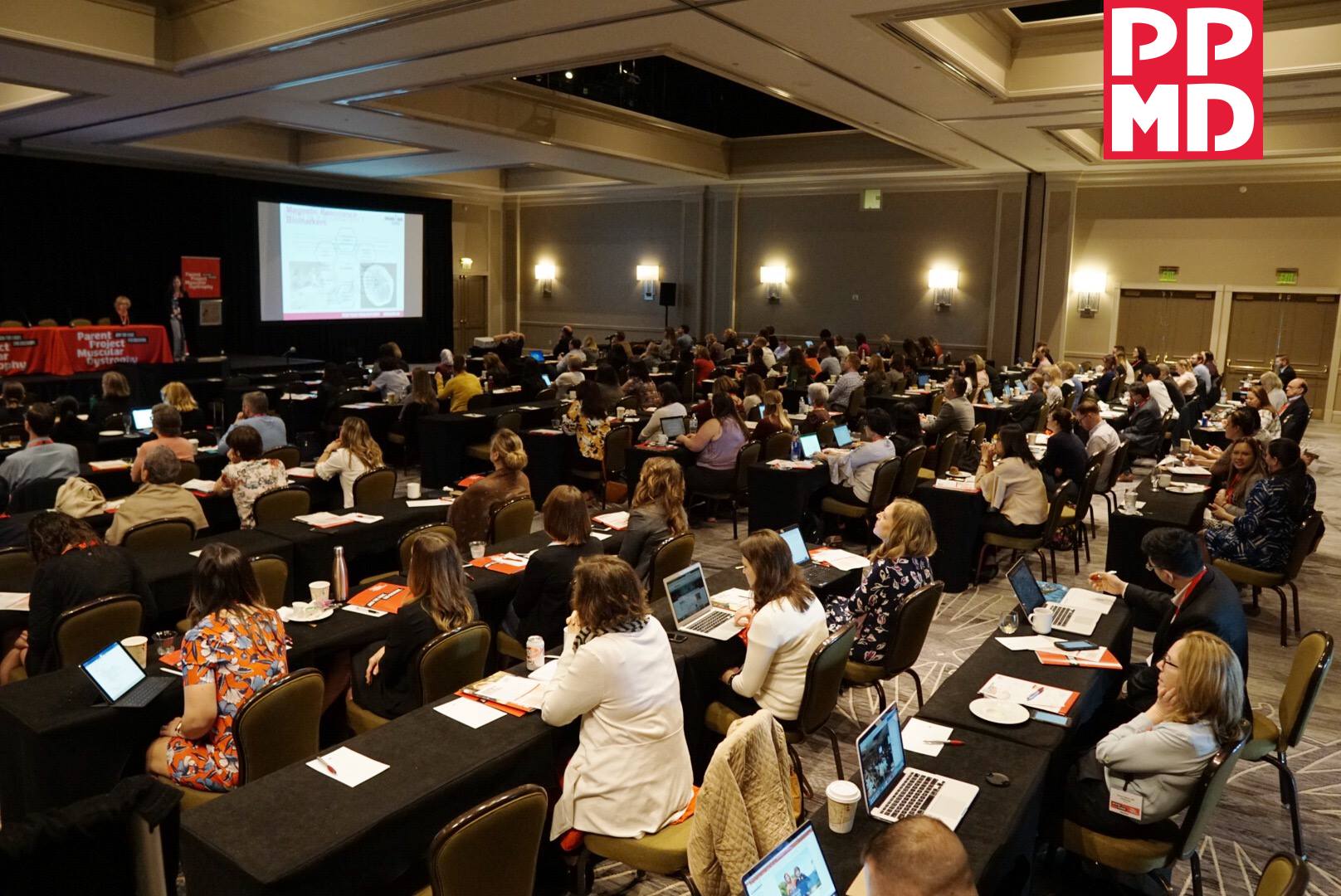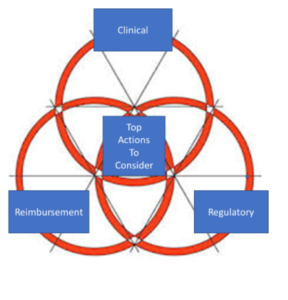
Last month, PPMD hosted the second annual Duchenne Healthcare Professionals Summit. The intent of the Summit was to bring together providers from Certified Duchenne Care Centers and other centers interested in participation in the CDCC network.
While CDCCs consist of an interdisciplinary team providing optimal care and treatments to their patients and families, they have little time to interact and collaborate across institutions. PPMD wanted to provide an opportunity for these teams to connect with colleagues around the country, sharing their experiences with Duchenne.
 The purpose of the meeting was to provide the opportunity to interact and to build collaborations across CDCCs; essentially to develop a framework, build on prior accomplishments (MD CARE Act, PDUFA-5, 21st Century Cures, Benefit/Risk Framework, ICD-10 code), and to work together within this infrastructure to provide access to comprehensive care and approved therapies.
The purpose of the meeting was to provide the opportunity to interact and to build collaborations across CDCCs; essentially to develop a framework, build on prior accomplishments (MD CARE Act, PDUFA-5, 21st Century Cures, Benefit/Risk Framework, ICD-10 code), and to work together within this infrastructure to provide access to comprehensive care and approved therapies.
Physicians, sub-specialists, nurses, and clinical research coordinators from over 40 academic institutions – including 23 CDCCs, 4 international providers, and 14 additional US institutions providing pediatric and adult Duchenne care – attended this two day Summit. In addition, we are joined by 12 of our industry partners and legislative representatives.
Natural History
Learnings from natural history studies set the stage for these two days of intense discussions. Presenters from MD STARnet, CINRG, and Imaging-DMD described the complexity of disease progression and the predictors of functional loss which has implications for care and clinical trial design. Genetic modifiers and mathematical modeling combining data from numerous studies completed to date, further enhance the ability to understand progression and to improve clinical trial design and identify appropriate endpoints. The goal moving forward is to continue decreasing data silos in order to better characterize Duchenne progression.
Case Studies
Case studies were presented to understand complicated medical cases and share learnings across clinical sites, ultimately to better understand critical issues that may occur and how best to manage these situations.
Learning from Trials to Date
Shared learnings from clinical trials include best practices, learnings from ‘failed trials’ (trials that have been halted or failed to meet their primary endpoint), and exchanges between industry to share challenges such as managing multiple trials within an academic center, informed consent, the need for consistent language that expresses hope without hype and without making promises, the need for family support, endpoint training for staff, and the many interactions necessary with multiple Contract Research Organizations (CROs)
What Have We Learned from the First Approvals?
Learnings from approvals and how that relates to access and reimbursement was discussed at length in order to improve the process moving forward. This is a new day in Duchenne, with two approvals and hopefully many more to come. PPMD has developed infrastructure efforts across pharmacy benefit managers (PBMs), providers, advocacy partners, payers, and valuators (such as ICER). Our families and the clinical community are faced with navigating this new landscape and now recognizes the need to align messages across stakeholders and improve the process of administering access.
Data is Key
Data, data, data – the way forward. PPMD’s 10 year Duchenne Registry has been a tool for analysis by academics and industry and used for identifying clinical sites and recruitment for studies. It is a tool for families that is in the process of expanding beyond patient/caregiver reports to include electronic health records (EHR) and post-marketing abilities. The Duchenne Outcomes Research Interchange is an innovative model involving advocacy, industry, and the clinical community to enhance the CARE to CURE continuum and become integral to accelerate data integration.
The FDA Weighs In
Dr. Janet Woodcock (FDA-CDER) and Dr. Ilan Irony (FDA-CBER) joined the Summit via Skype due to the government shutdown, discussing a range of topics to include platform trials and how this approach may be used to accelerate therapy development and accelerate combination therapies.
Platform studies have the potential to reduce infrastructure burden (multiple trials at a single site), improve trial flow, expand inclusion criteria, and reduce exposure to placebo. Drs. Woodcock and Irony also addressed regulatory challenges inherent in the pathway of accelerated approval, where labeling may be narrow based on small trials or inclusion criteria and result in issues related to access and reimbursement. The message was clear that patient focused drug development must not stop at approval and should be taken through the continuum into the access space.
Following two intensive days of presentations and discussions, we made considerable progress together at the meeting, and a willingness to return next year was clear. Together, we will continue to build on this progress in order to strengthen the growing network of CDCCs. The community deserves nothing less.



 by: Pat Furlong
by: Pat Furlong

